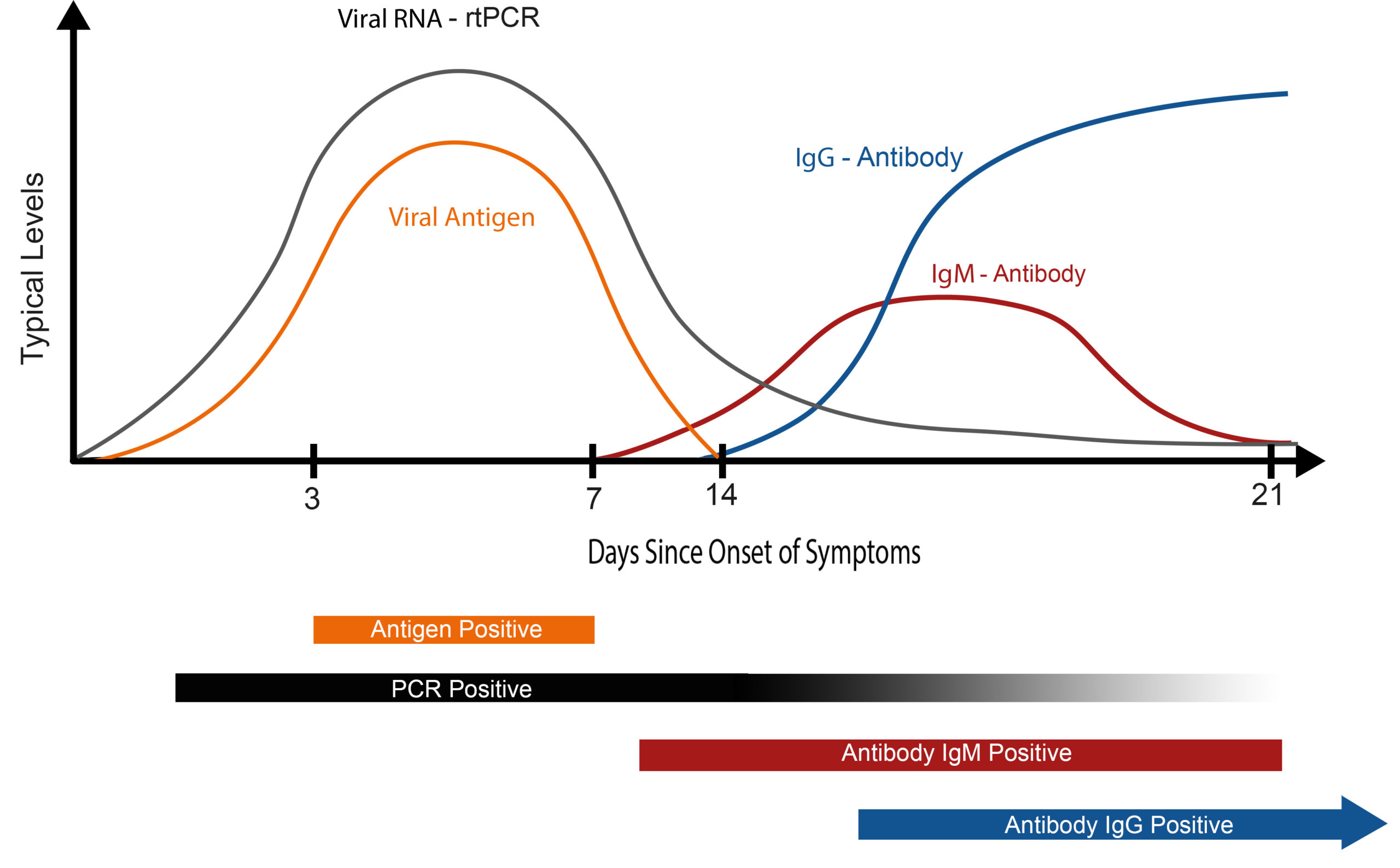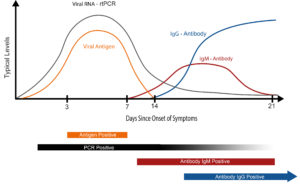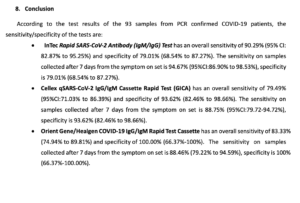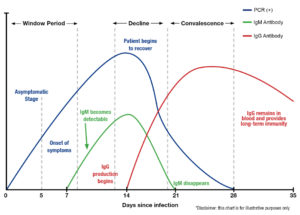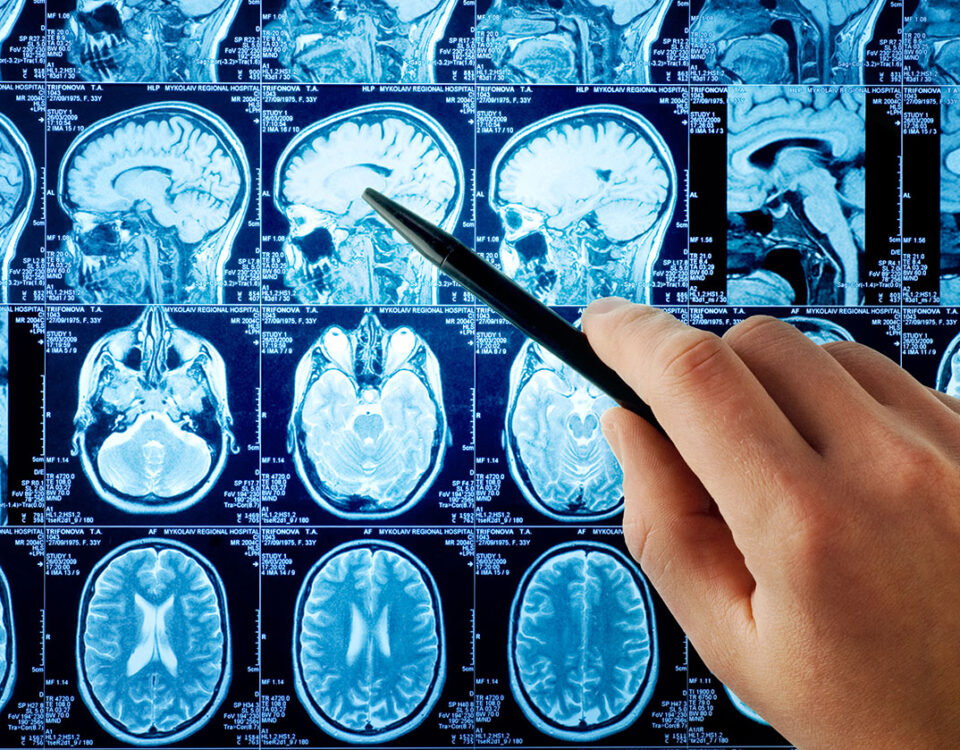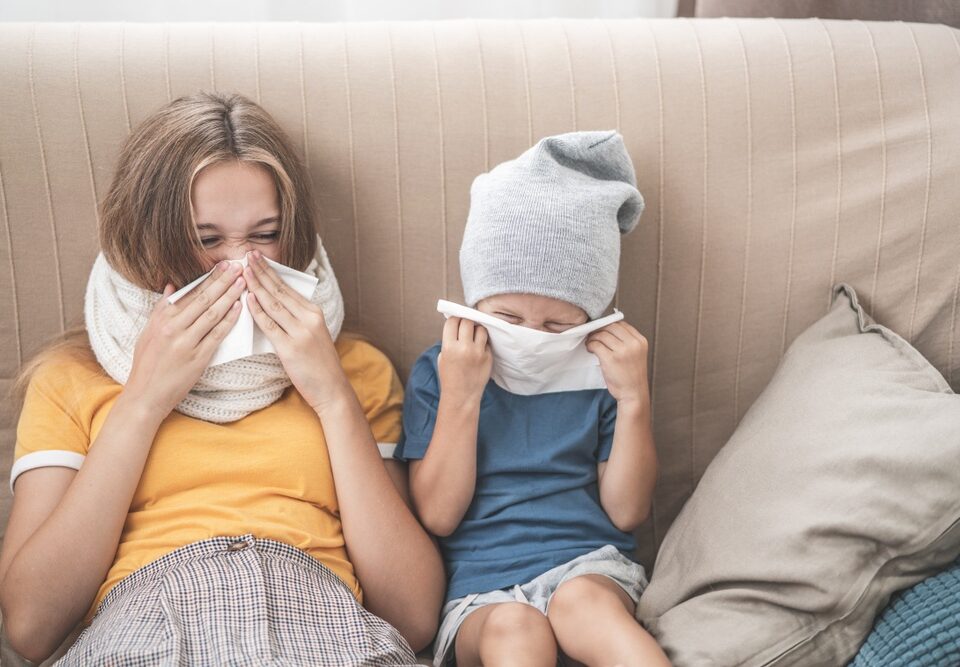Covid-19 Testing Information
Location & Hours of Operation
Dates and times subject to change.
Please note: Only two appointment are available every 15 minutes. Please schedule accordingly if you desired appointment slot is not available or if you have two or more people you wish to have tested. Please do not arrive before your scheduled appointment time. You may not be allowed entry until your appointment.
Testing Options
TESTING IS OPEN TO EVERYONE REGARDLESS OF WHAT COUNTY YOU RESIDE IN.
PCR Swab Test
PCR testing is used to directly detect if COVID-19 is actively present in your system and will determine if you are contagious. If you have contracted COVID-19, it usually takes 3-7 days for you to have enough virus in your system for the test to show a positive result.
Nasal swab
Results in 3-5 days
Self-pay PCR swab test: $200
Cash and credit cards accepted
Insurance will NO LONGER be billed
Appointments are required before you arrive.
Antigen Test
Antigen testing is a rapid, effective, and direct testing method for determining if you are contagious with COVID-19 within days after symptom onset or within a week of known exposure. If you get a positive result it is recommended to follow up with a PCR test to confirm the findings.
Nasal swab
Same day results
Self-pay antigen test: $125
Telehealth discussion with provider to go over results included
Cash and credit cards accepted
Insurance will NO LONGER be billed
Appointments are required before you arrive.
Antibody Blood Test
The antibody blood test is used to determine if you were previously exposed to COVID-19 and have developed antibodies to the virus. It does not tell you if you have an active infection of the virus. It can take between 7-21 days to produce enough antibodies in your system to show a positive result.
Tiny finger prick for blood sample
Same day results
Self-Pay antibody blood test: $75
Telehealth discussion with provider to go over results included
Cash and credit cards accepted
Insurance accepted (Patients with Medicaid will be required to pay cash pay rates for all COVID-19 testing)
Appointments are required before you arrive.
Testing FAQs
PCR Swab Test
Rapid Same Day PCR Testing
Antigen Test
Antibody Blood Test
Heading Text
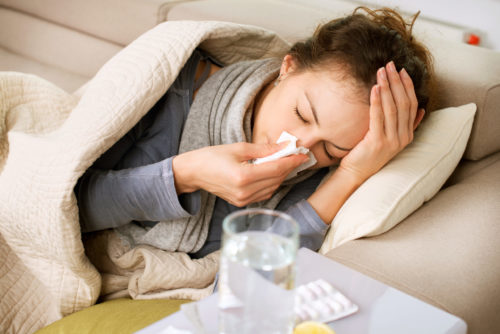
What are the symptoms? How does it spread?
Symptoms of COVID-19 are usually fever, cough, body aches, and can include headache or even difficulty breathing. According to the Centers for Disease Control and Prevention (CDC), Coronaviruses in general can be spread through the air by coughing and sneezing and through close personal contact, such as shaking hands. Coronaviruses can also be spread by touching an object or surface with the virus on it and then touching your eyes, mouth or nose.
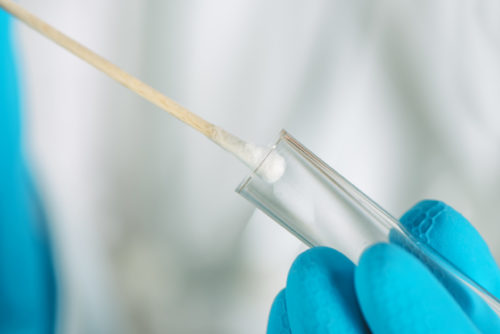
Who can be tested and how is COVID-19 diagnosed?
Much like testing for the flu, your healthcare provider can order your test and will obtain a swab or sample from your respiratory tract and send that sample to their local department of public health. There, your sample will undergo a test called RT-PCR, an advanced test looking for the genetic code of COVID-19. The CDC will then confirm those results which can take up to 5 days.
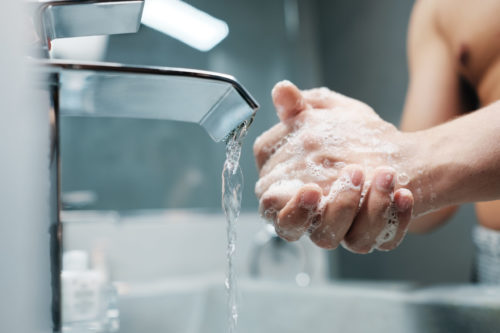
How can I protect myself from COVID-19?
The best way to prevent infection from COVID-19 is to avoid being exposed to it. That means staying away from outbreak areas and people who have been infected.
You can also take everyday precautions that help prevent the spread of respiratory illnesses:


